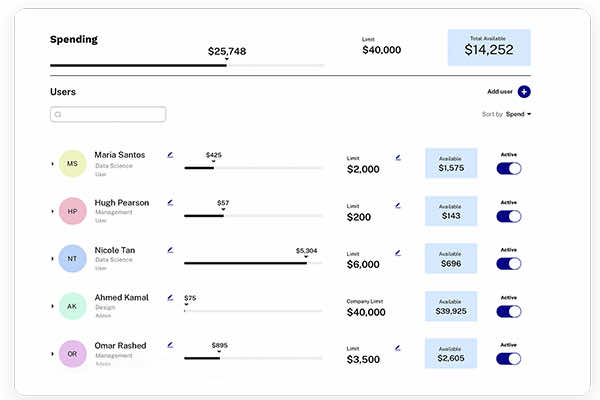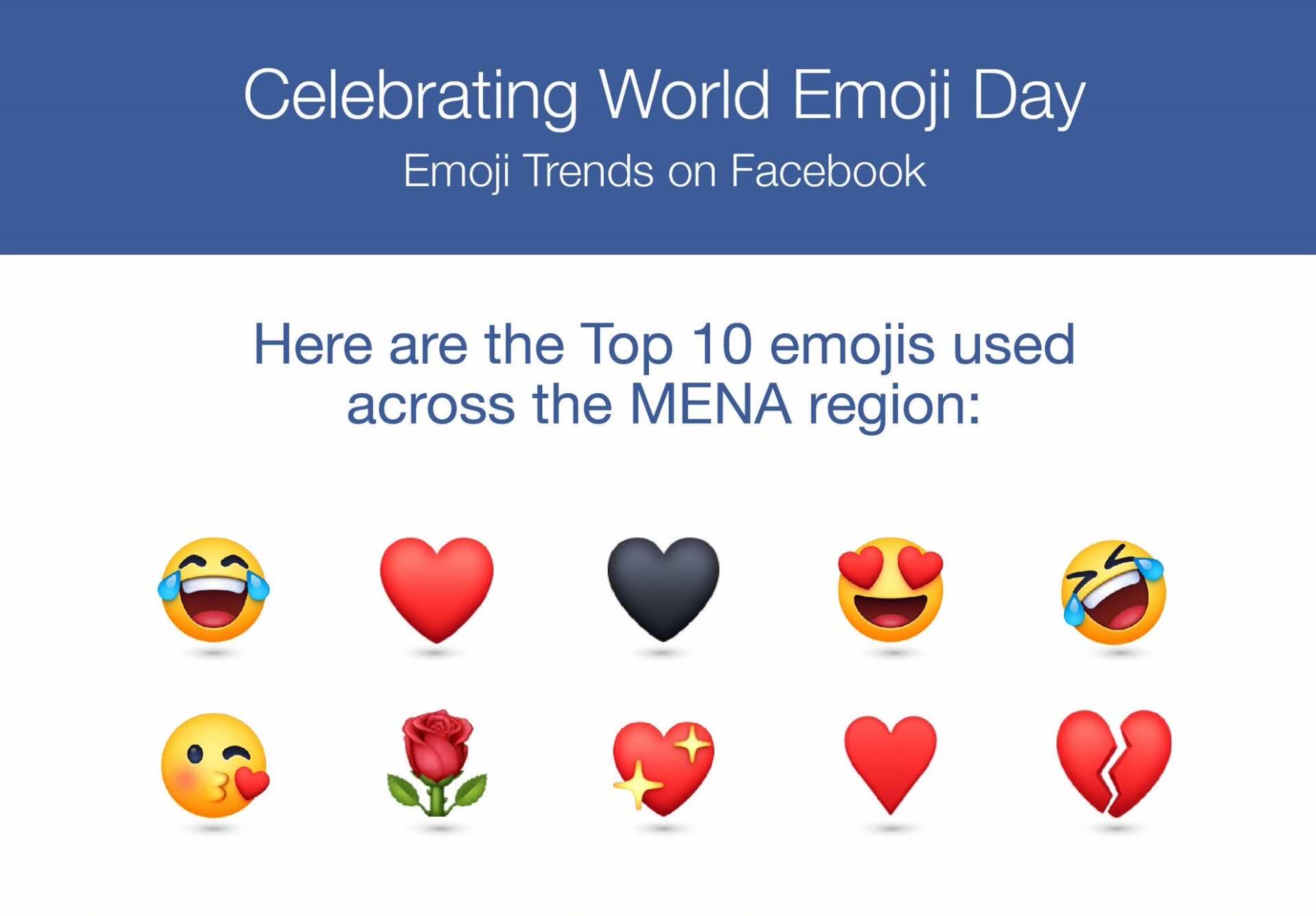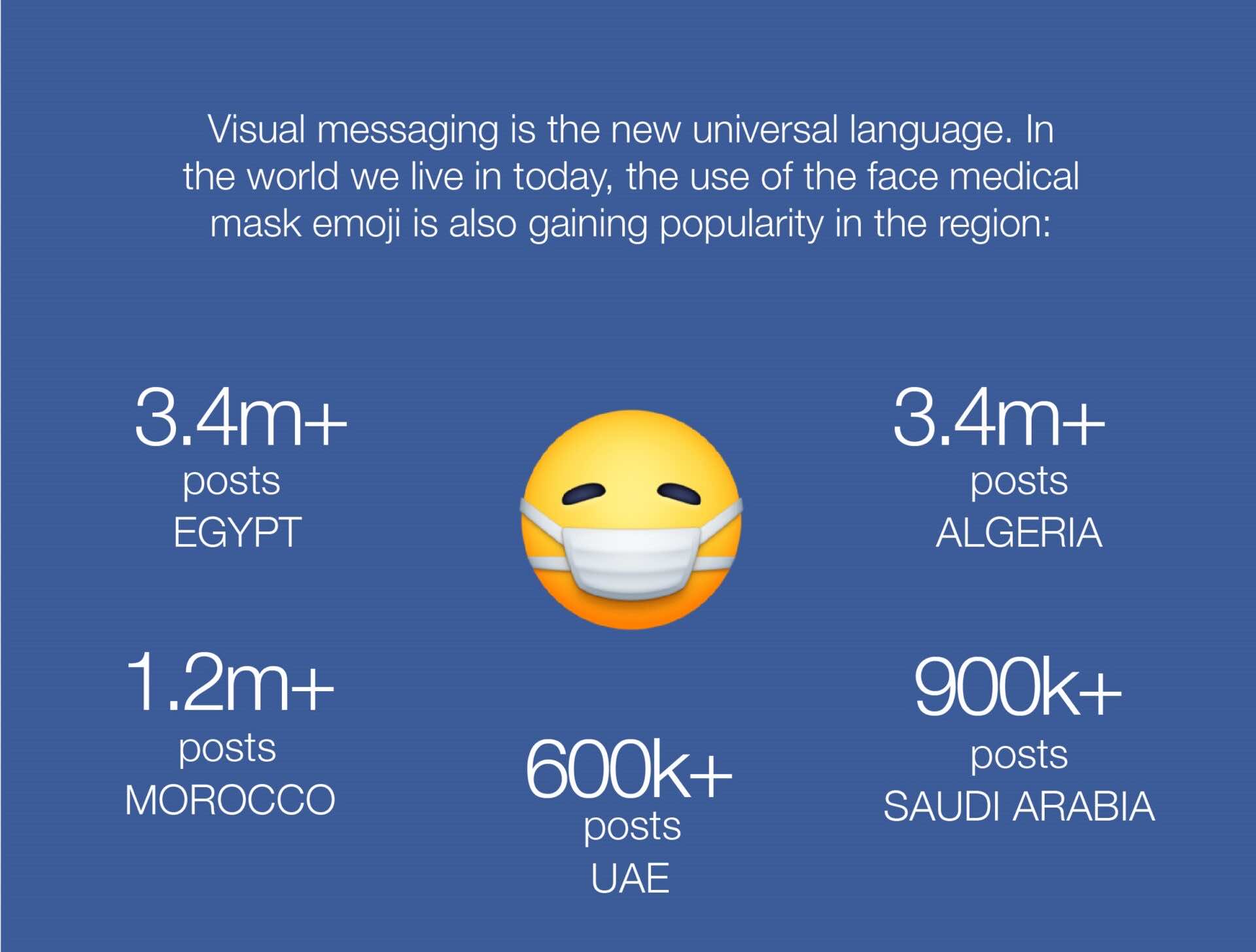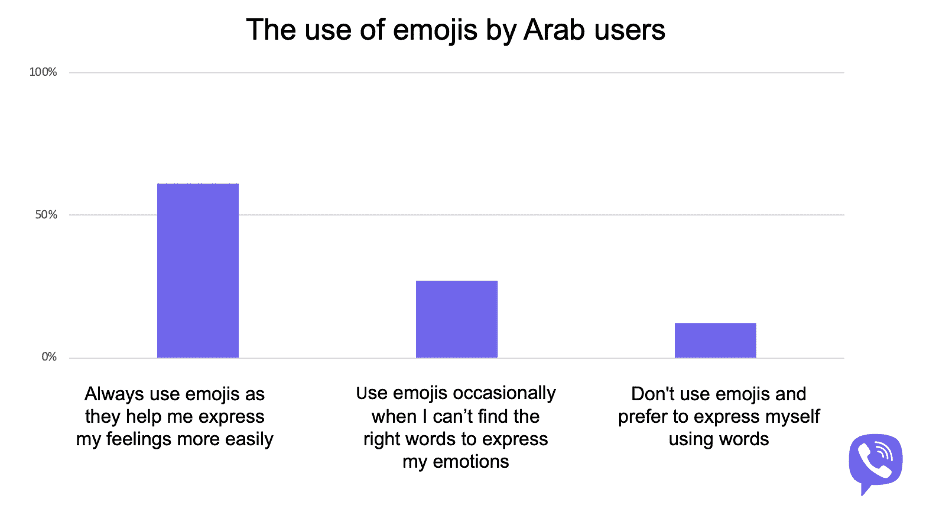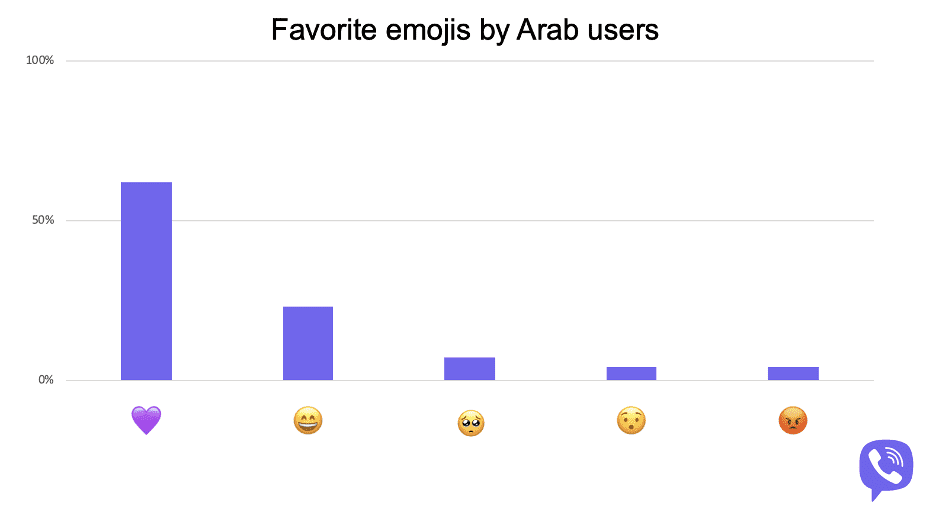FasterCapital, an online incubator and accelerator based in Dubai, is launching a cohort for women entrepreneurs.
Recent statistics reveal that as of 2021 that 36% of small businesses are owned by women and this number is gradually increasing year over year.
In spite of the challenges they are facing, almost 90% of the female-owned businesses worldwide are up and running and are generating profits.
The situation in the Middle East when it comes to women entrepreneurship is different from other countries around the world where only 10% of businesses are owned by women.
In this cohort, FasterCapital is helping women founders in different aspects of their business-building or business-growing journeys.
The cohort launches in June 2021 and is a yearly initiative for women founders. Check out the programs website.
Tech Support for Women Founders
Through the Tech Cofounder program, FasterCapital will offer all the technical support needed to start your business or build your product.
Technology is an essential component of business today and a strong product is what makes a strong brand.
Many women are mostly starting businesses in areas of education, food, fashion, retail, and it is important to find strong technical teams to complement and translate these products into the language of today.

Raising Capital for Women Entrepreneurs
Securing the capital needed is a very crucial step to start or grow any business, and female-led businesses are no different.
But the statistics show that women founders find it much more challenging to secure the money they need than men founders.
For this cohort of innovative female entrepreneurs, FasterCapital will match the businesses with a network of angel investors, venture capital, and other funding sources.
Many women – in the MENA and elsewhere – already have innovative and brilliant ideas but most of them end up giving up on these potential ground-breaking businesses.
This is mainly due to the lack of the capital needed and not having the right network or resources available.
FasterCapital supports all different stages of businesses and businesses from different industries.
Growing and Entering New Markets for Savvy Women Founders
For women who have already started and established their businesses, joining this cohort will help them in growing their business further and in exploring new markets and potentials.
Sales, marketing, scaling, partnerships, and many other growth strategies are discussed and employed for the sake of taking your business to the next level.
This will be helpful for women entrepreneurs who are trying to grow and enter the MENA market and for women in the MENA market trying to reach new global markets.

The future of women entrepreneurship
Although it is globally noted that the future is bright for women in business and that there is much progress done.
However, on the way of bridging the gender gap in entrepreneurial areas, we need to acknowledge that there is much yet to be done for women in different parts of the world.
Women entrepreneurs have many tools now but in markets like MENA, Africa, and others we need to enable them to grab these tools and build their businesses.
Supporting and encouraging women to step out of their own conventional duties and to enter this foreign territory.
This should merge with creating an inclusive and supportive environment are what we can do in the resent to ensure a truly bright future.
Women Entrepreneurship in the MENA market
Entering this massively men-dominated ecosystem is extremely challenging for women in the MENA markets, but is not impossible.
It’s the reason why women like Helen Al Uzaizi – CEO of BizWorld, Mona Ataya – Founder and CEO of Mumzworld, Sahiqa Bennett – CEO & Co-founder of Searchie, and Briar Prestidge – Founder & CEO of Prestidge Group PR have been able to work their way up and set an example.
It is also worth noting that many women from the Middle East are staring international businesses and are nailing it.
Hesham Zreik, CEO of FasterCapital comments, “through starting this cohort of female entrepreneurs, we hope to enable innovative and dedicated women in taking the steps needed to start and grow their empires.”
Women Entrepreneurship and COVID
The rise of COVID-19 had caused many extra challenges on women in business.
During shutdown, most retail businesses – which is mostly the niche market for many women entrepreneurs – witnessed major setbacks.
The focus on technology and online businesses resulted in more damage to many women entrepreneurs. This is why we believe enabling women to use technology and start tech-enabled businesses is a goal in itself.
Strengths of Women Leaders in Business
Women have their own superpowers that has helped them and that will help them in being successful business leaders.
Susan Wojcicki, CEO of YouTube, Whitney Wolfe Herd, CEO of Bumble, and Mary Barra, CEO of General Motors, are only some few examples of successful female CEOs in different industries.
High emotional intelligence is an asset that helps women in managing and leading teams successfully and in mediating their business goals to the language and understanding of their crew.
Many women entrepreneurs are motivated inwardly. They have a vision that they would like to see achieved. They are mostly not as motivated by financial gain as much as their male counterparts are.
This constant and strong motivation is a very powerful engine that makes many female-led business thrive indeed.
Join the female cohort and unleash your superpowers now!



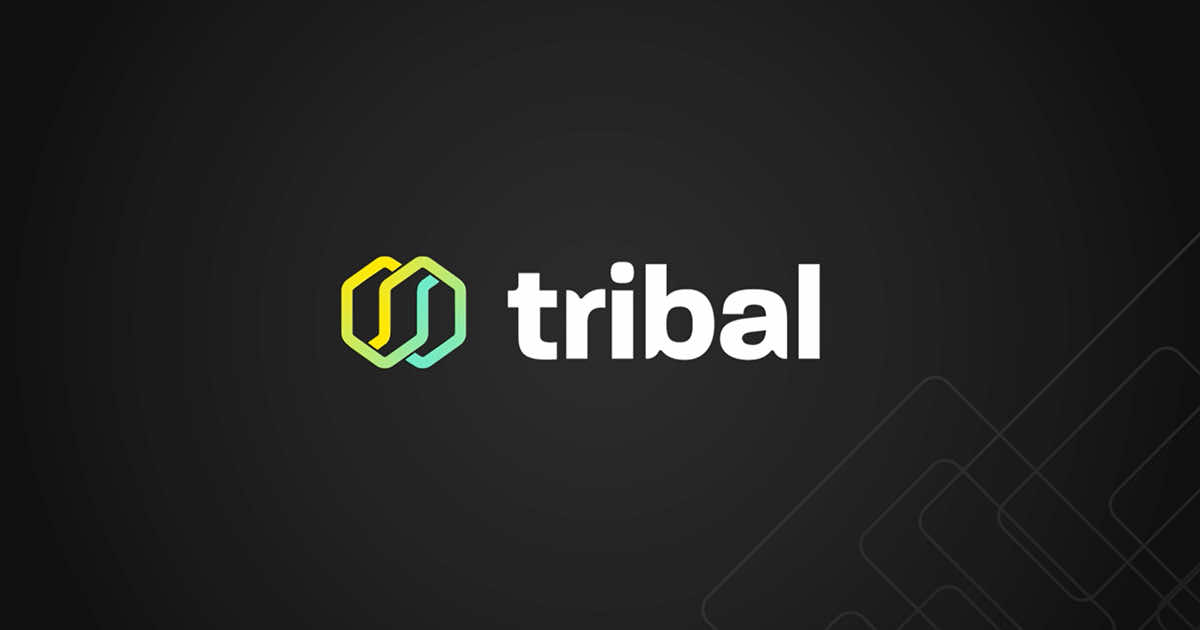
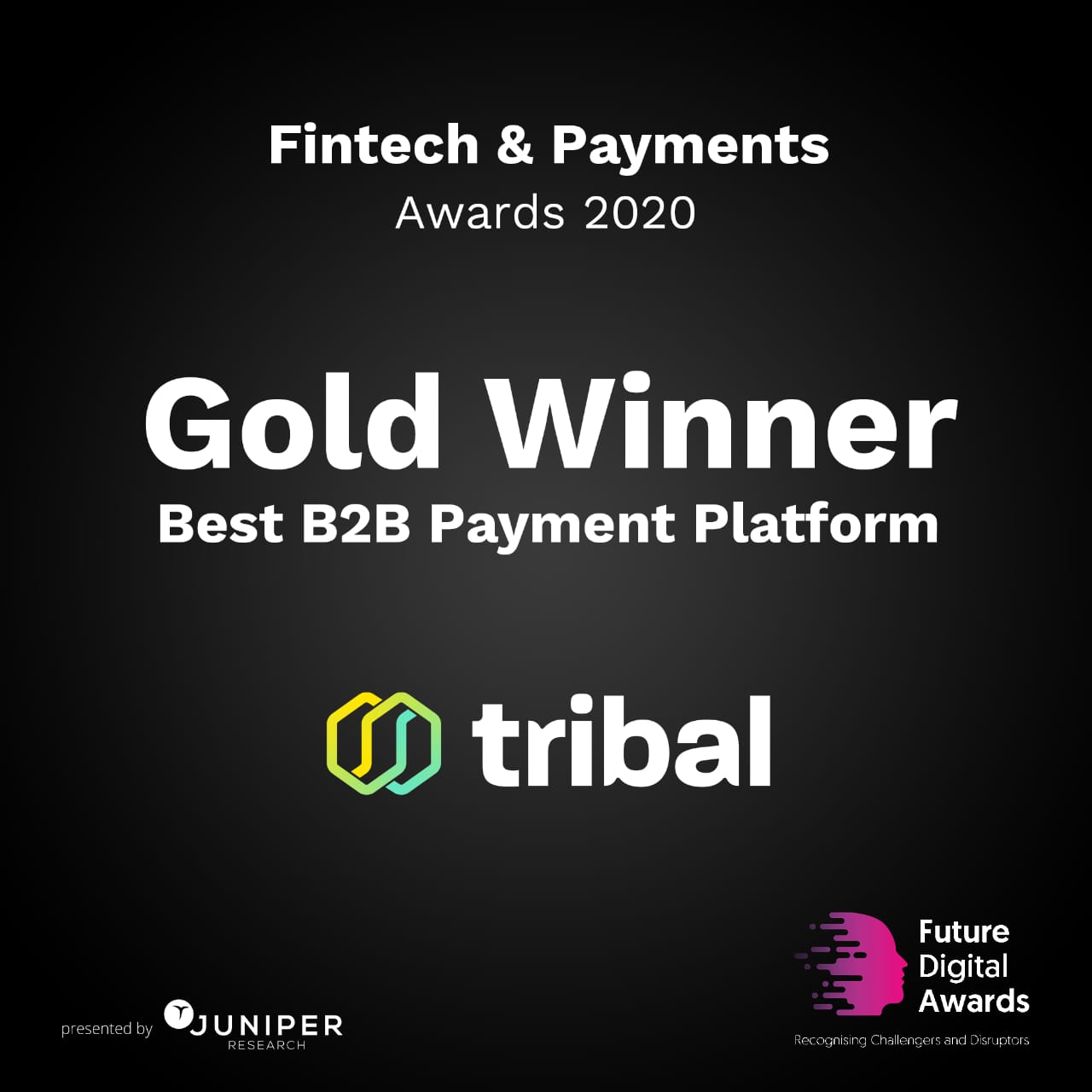 Entries are vetted by a panel of analysts at Juniper Research, which shortlists potential winners based on product innovation, features and benefits, product partnerships, certification and compliance, and future business prospects. Candidates are further scored against rigorous criteria and verified by a team of experts.
Entries are vetted by a panel of analysts at Juniper Research, which shortlists potential winners based on product innovation, features and benefits, product partnerships, certification and compliance, and future business prospects. Candidates are further scored against rigorous criteria and verified by a team of experts.


